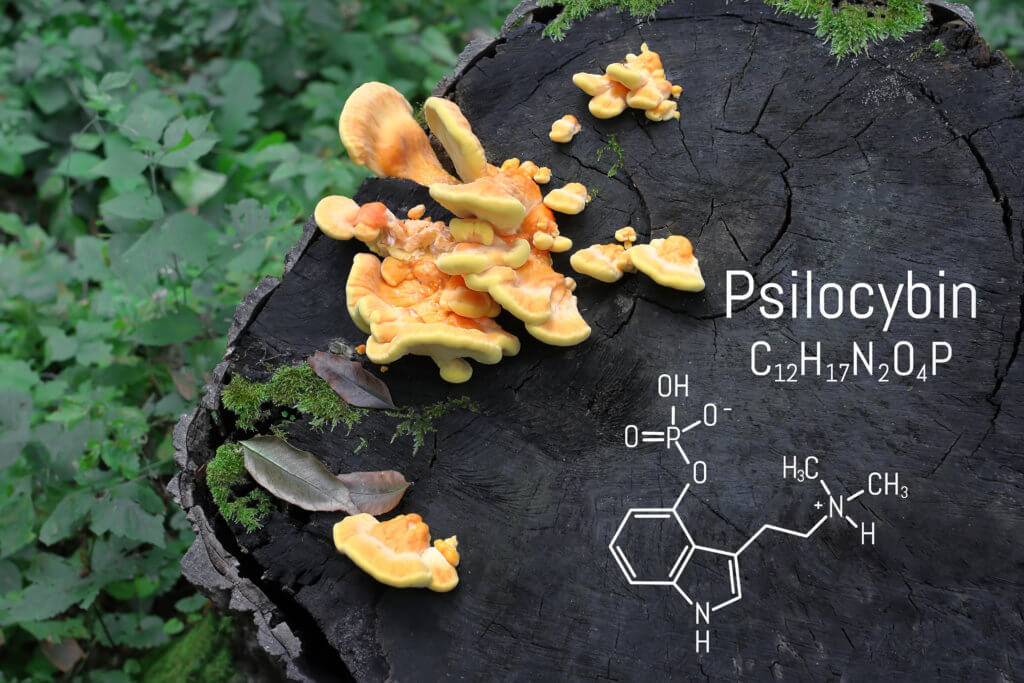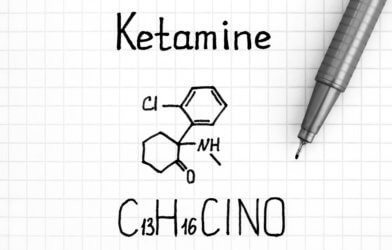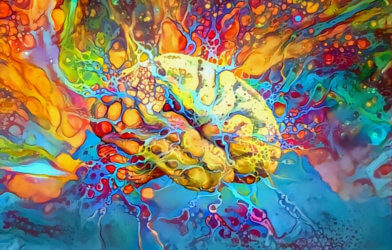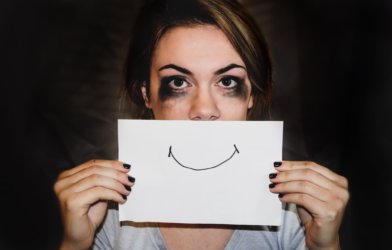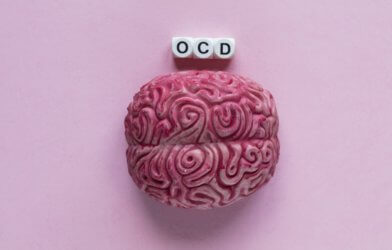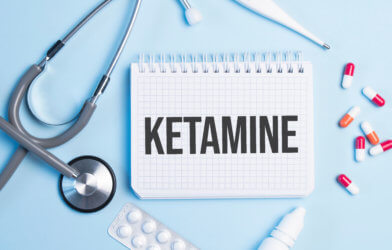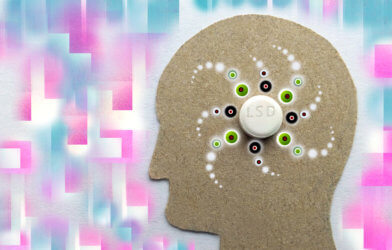BALTIMORE — While psychedelics get a bad rap, more research is showing their benefits for chronic diseases. One study from Johns Hopkins finds that psilocybin-assisted therapy with supportive psychotherapy has been effective in treating depression for at least a year.
Previous research with psilocybin showed it had antidepressant effects and could help adults for up to a month. “Our findings add to evidence that, under carefully controlled conditions, this is a promising therapeutic approach that can lead to significant and durable improvements in depression,” says Natalie Gukasyan, MD, assistant professor of psychiatry and behavioral sciences at the Johns Hopkins University School of Medicine in a press release.
Does this mean all patients with depression should start looking for psilocybin? Not exactly. Dr. Gukasyan cautions that the results are based on a study that is heavily controlled and prepared by trained doctors. “People should not attempt to try it on their own,” he says.
The research team tracked the progress of 27 people with a long history of depression. Most had experienced depressive symptoms almost 2 years before the study began. About 88% of people were taking standard antidepressant medication and 58% reporting using antidepressants for current depressive episodes. People were randomly assigned to either get psilocybin immediately or receive it after 8 weeks. Before dosing, all participants received 6 to 8 hours of meetings to prepare for the drug.
People received two psilocybin doses two weeks apart. They came back one day and one week after each session. After the second visit, participants returned one, three, six, and 12 months for additional check-ups. Of the 27 individuals, 24 completed all their psilocybin sessions and follow-up visits.
Psilocybin treatment in both groups reduced depressive symptoms. The team observed that the severity of depression stayed low in all follow-up visits. About 75% of participants responded to treatment and more than half (58%) were in remission a year after dosing.
“Psilocybin not only produces significant and immediate effects, it also has a long duration, which suggests that it may be a uniquely useful new treatment for depression,” says Roland Griffiths, PhD, a professor of the Neuropsychopharmacology of Consciousness at the Johns Hopkins University School of Medicine. He’s also the founding director of the Johns Hopkins Center for Psychedelic and Consciousness Research. “Compared to standard antidepressants, which must be taken for long stretches of time, psilocybin has the potential to enduringly relieve the symptoms of depression with one or two treatments.”
More research is necessary for understanding how long psilocybin’s anti-depressive effects last and if it endures for longer than a year.
The study is published in the Journal of Psychopharmacology.
